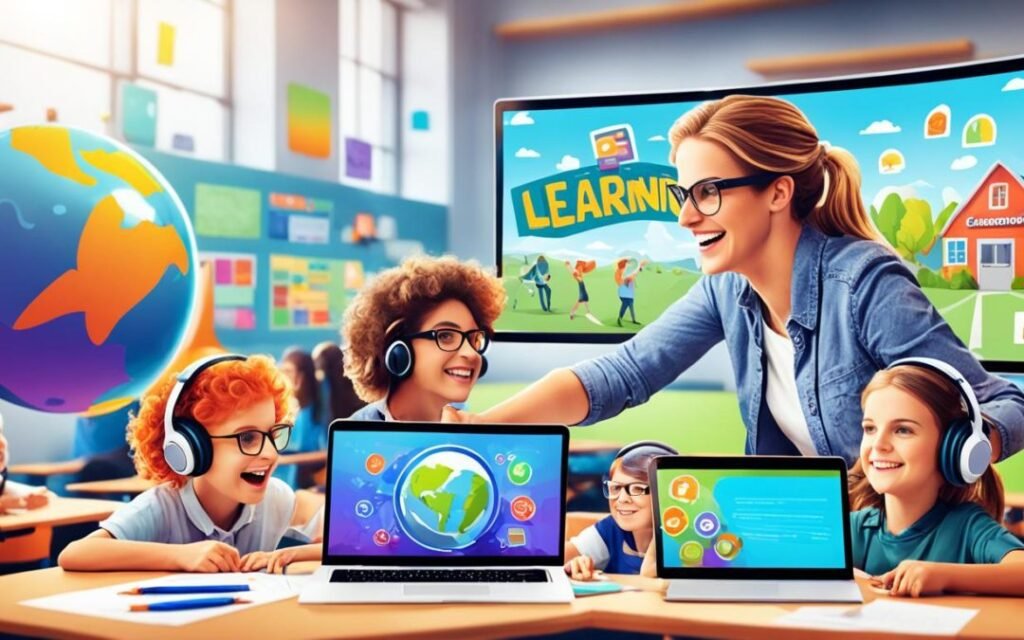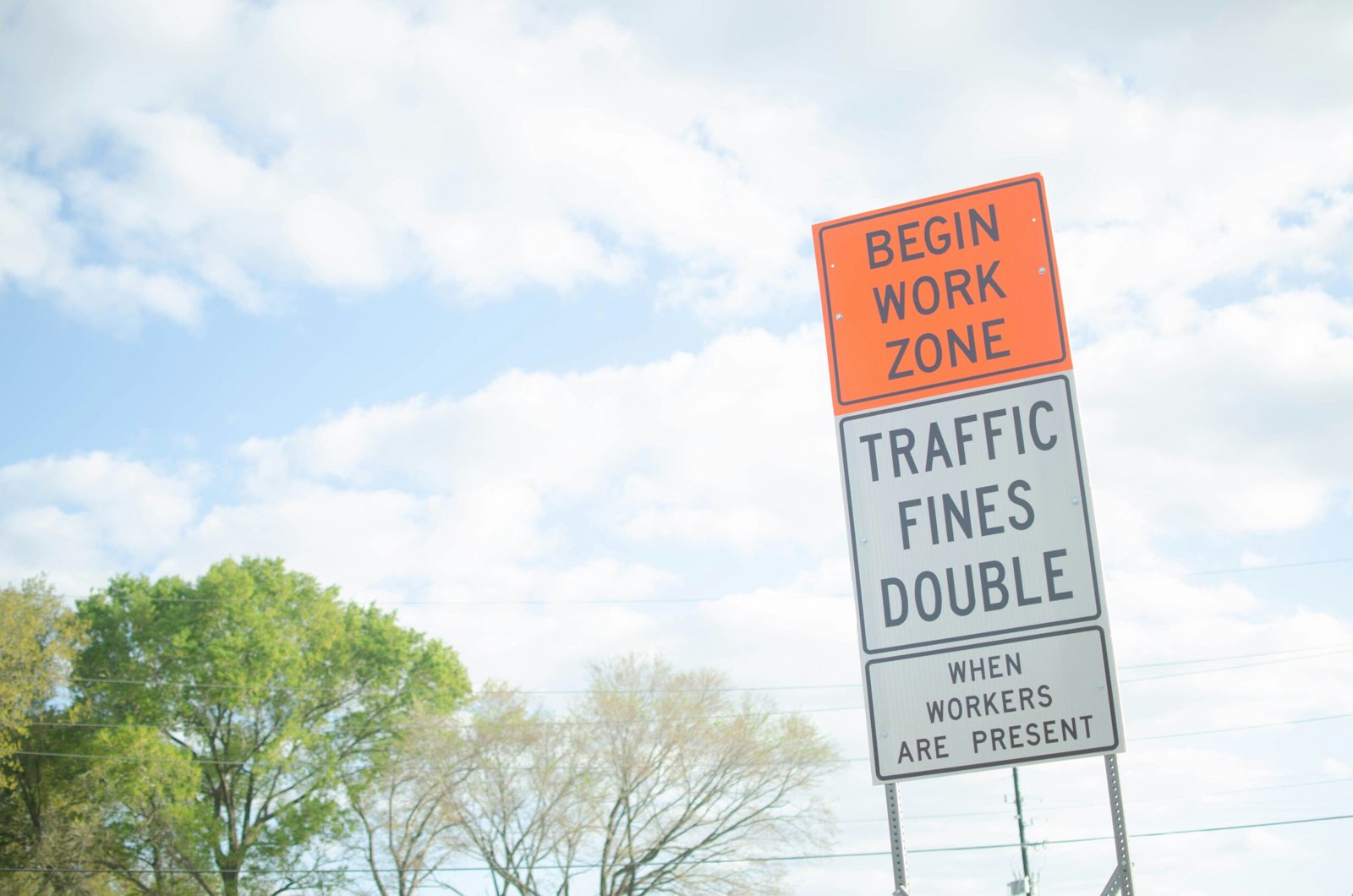Introduction
From chalkboards to Chromebooks, education has transformed drastically. Technology has democratized learning, expanded access, and changed the role of teachers and students. Let’s examine how digital tools are reshaping what it means to learn.
1. The Traditional Classroom
Until recently, classrooms centered around:
- Physical textbooks
- Face-to-face lectures
- Note-taking on paper
- Limited interaction beyond school hours
Learning was location-bound and teacher-driven.
2. The Digital Shift
Now, we have:
- Learning Management Systems (Google Classroom, Canvas)
- Zoom-based live lectures and webinars
- Interactive whiteboards
- Video lessons, podcasts, and gamified apps
Students learn on their own schedule, pace, and location.
3. Online Courses and MOOCs
Massive Open Online Courses (MOOCs) have:
- Made Ivy League education free
- Reached millions of learners globally
- Offered certifications and job-relevant skills
- Created global classrooms
Platforms like Coursera, edX, and Udemy bridge education gaps.
4. AI-Powered Learning
AI enables:
- Personalized study paths
- Adaptive testing and feedback
- Automated grading and progress tracking
- Chatbots for support and reminders
Learning becomes smart, efficient, and scalable.
5. Accessibility and Inclusion
Technology helps learners with:
- Dyslexia tools and screen readers
- Language translation
- Captions for videos
- Remote learning for rural or disabled students
Edtech is breaking barriers.
6. Challenges and Opportunities
Edtech must also address:
- Digital divide (internet access inequality)
- Distractions and reduced attention span
- Privacy and data security
- Teacher training and tech literacy
Final Thoughts
Education today is dynamic, accessible, and evolving. While technology won’t replace teachers, it enhances their impact—preparing students not just for exams, but for a digital future.



